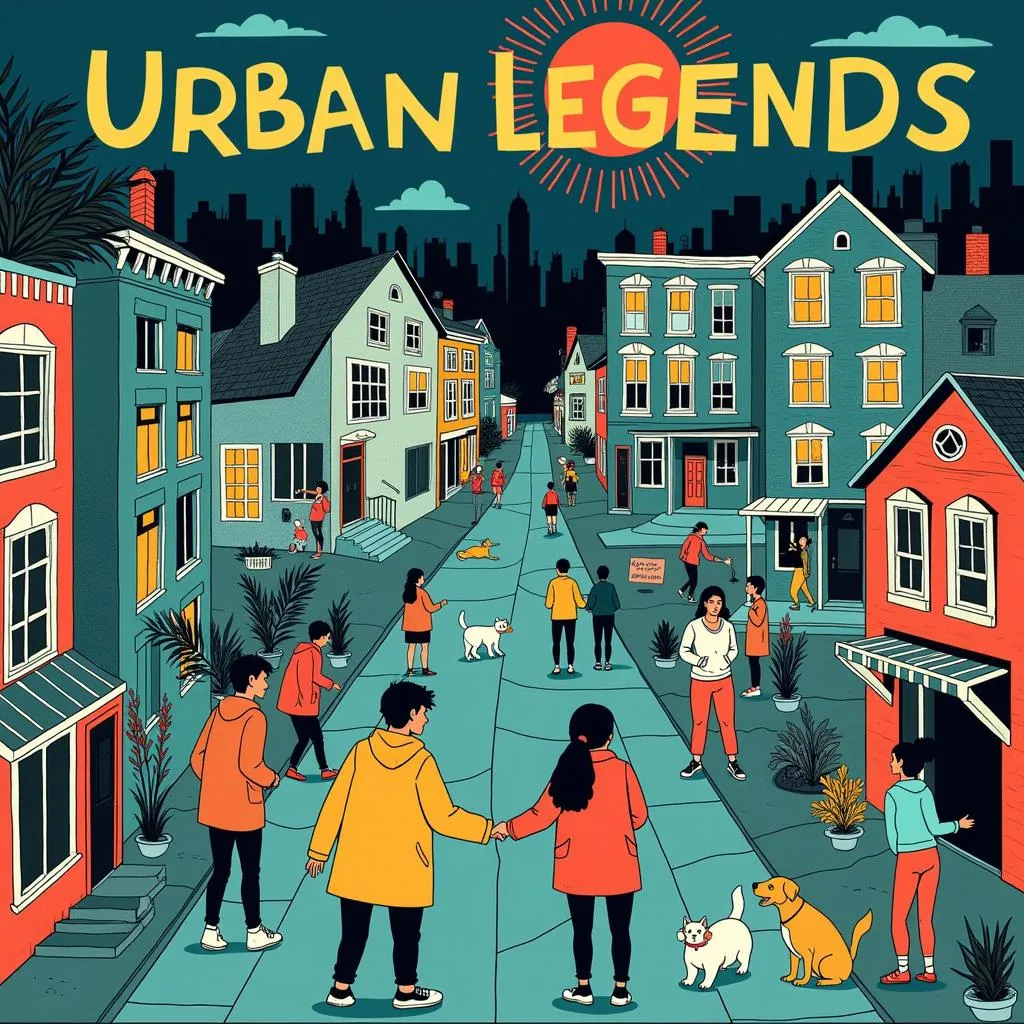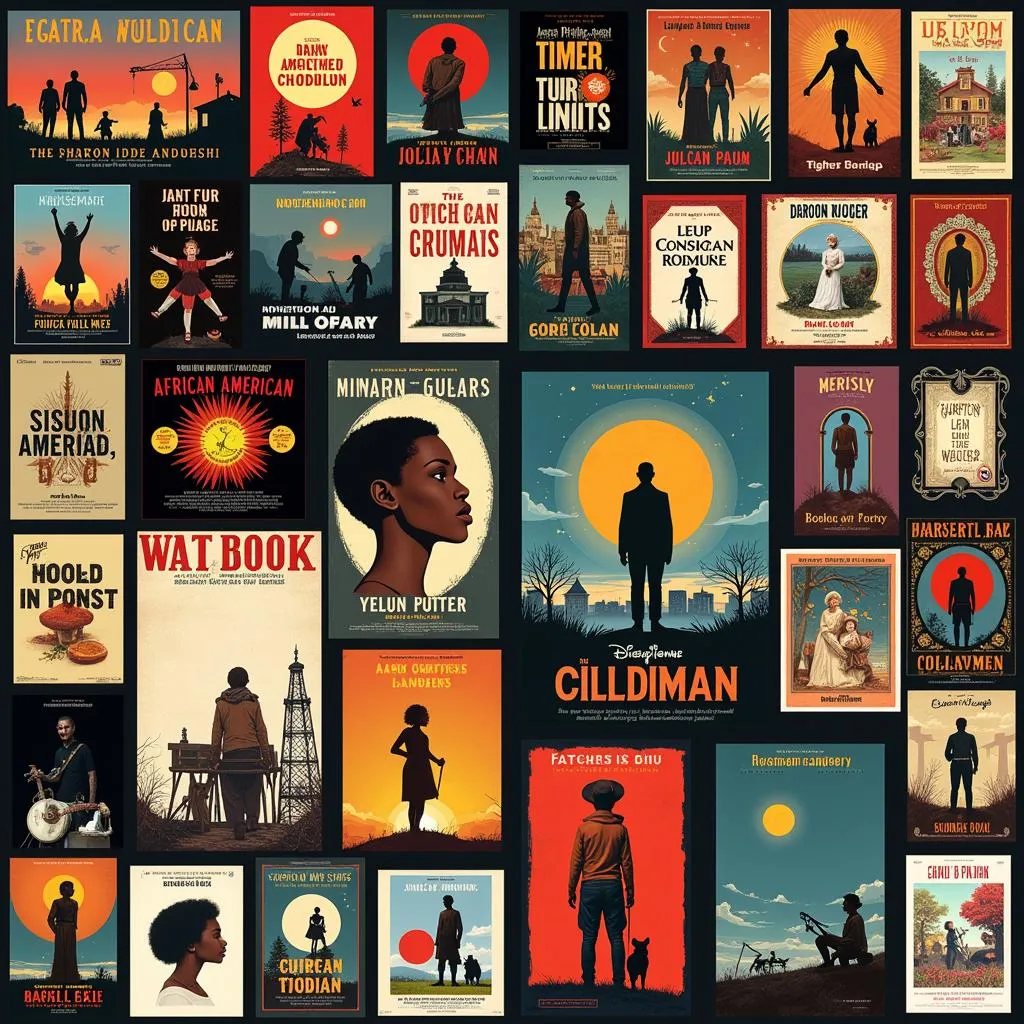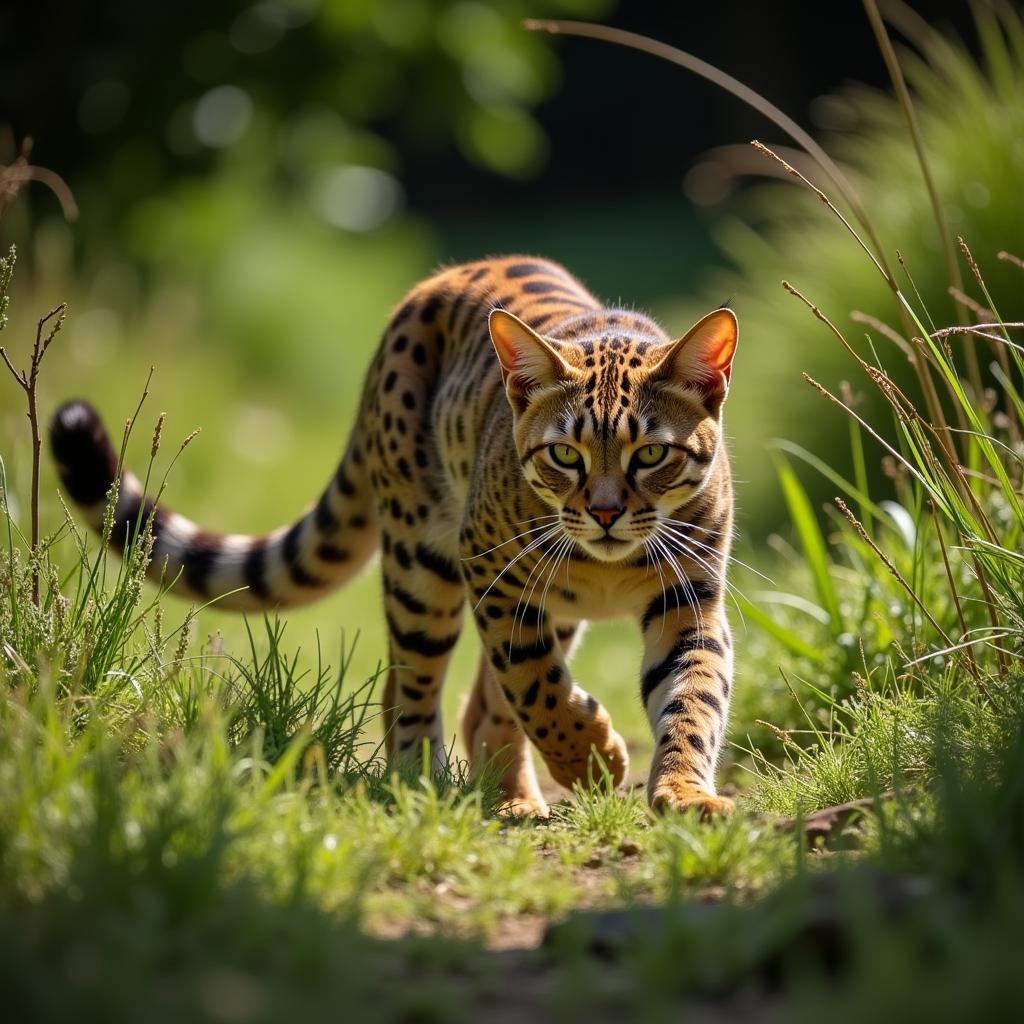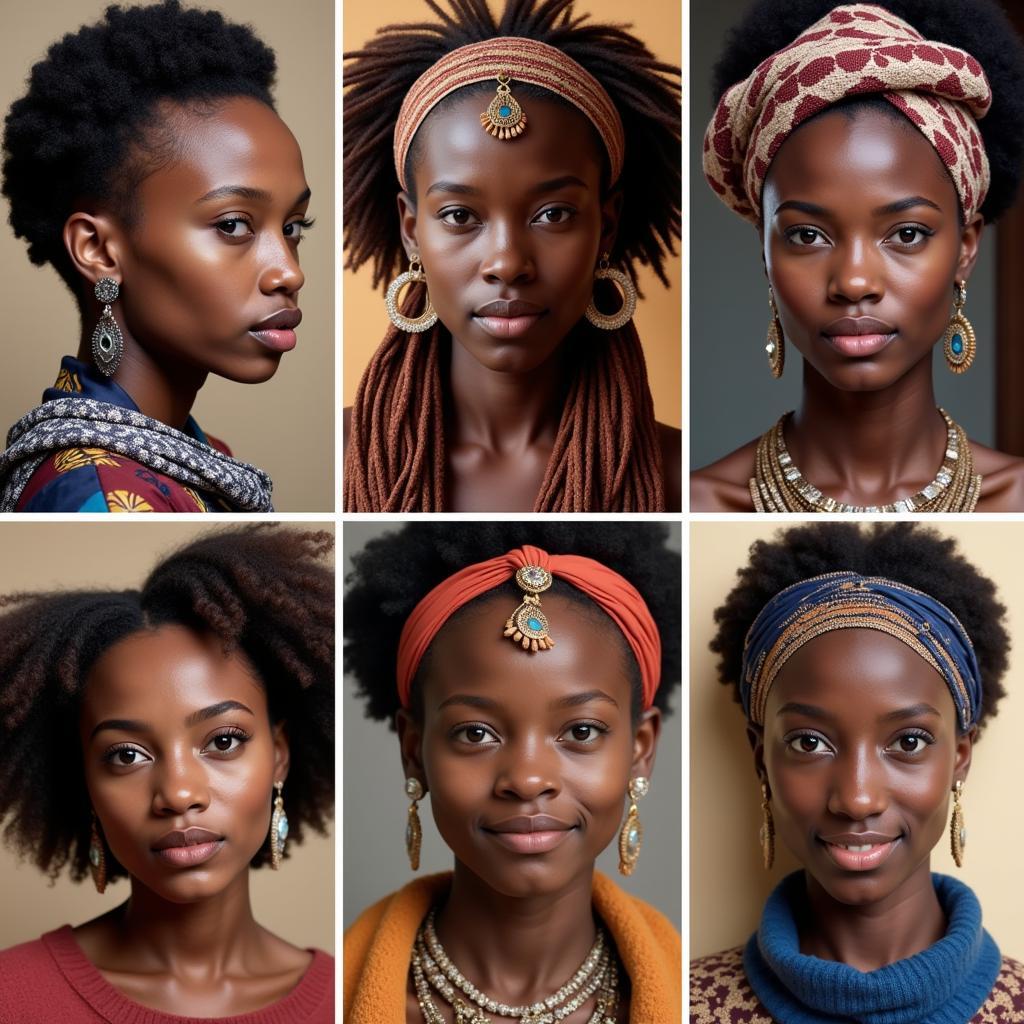Unraveling the Mystery of African American Rumor Lore
African American rumor lore, a rich tapestry of stories passed down through generations, offers a unique window into the culture, history, and lived experiences of Black communities in America. Often rooted in truth but embellished over time, these narratives serve as cautionary tales, social commentaries, and reflections of collective anxieties and aspirations.
Whispers from the Past: Origins and Evolution of Rumor Lore
African American rumor lore has its roots in the transatlantic slave trade. Enslaved Africans brought with them a rich oral tradition, which became a vital tool for preserving cultural identity, sharing information, and resisting oppression in a new and hostile environment. These stories, often infused with elements of West African folklore, adapted and evolved over time, reflecting the realities of slavery and later, segregation.
The secretive and often dangerous nature of life under slavery meant that rumors and whispers became a primary means of communication. Stories of underground railroads, coded messages hidden in quilts, and supernatural beings who protected the enslaved are just a few examples of how rumor lore served as a source of hope and resistance.
Beyond Entertainment: The Social Function of Rumor Lore
While often dismissed as mere superstition or entertainment, African American rumor lore serves important social functions. It acts as a form of social control, teaching moral lessons and reinforcing community values. Tales of tricksters outwitting their oppressors, for example, offered a sense of justice and agency in a society where Black voices were silenced.
 African American Urban Legends and Social Commentary
African American Urban Legends and Social Commentary
Moreover, rumor lore provides a platform for expressing collective anxieties and processing traumatic experiences. Stories of boo hags, conjure women, and other supernatural beings often reflect real-life fears of exploitation, violence, and racial prejudice. By giving shape to these anxieties, rumor lore allows communities to grapple with them and find ways to cope.
From the Rural South to the Urban North: Migration and the Transformation of Lore
The Great Migration of the 20th century saw millions of African Americans leave the rural South for urban centers in the North. This mass movement not only transformed demographics but also led to the evolution of African American rumor lore.
Traditional tales were adapted to reflect the new urban landscape, with stories of boo hags haunting beauty salons and tricksters navigating city streets. These urban legends often served as cautionary tales about the challenges and dangers of city life, particularly for those unfamiliar with its complexities.
The Enduring Power of “African American Rumor Lore” in Contemporary Culture
Far from being relegated to the past, African American rumor lore continues to thrive in contemporary culture, finding new expressions in literature, music, film, and even online platforms.
Writers like Toni Morrison and Jessi Redmon Fauset have drawn inspiration from these oral traditions, weaving elements of folklore and magical realism into their works. Hip-hop music, with its emphasis on storytelling and social commentary, often references urban legends and folklore figures.
 Modern Interpretations of African American Folklore
Modern Interpretations of African American Folklore
The enduring power of African American rumor lore lies in its ability to connect us to the past, illuminate the present, and offer insights into the human condition. These stories, born out of struggle and resilience, continue to resonate with audiences, reminding us of the importance of community, the power of storytelling, and the enduring legacy of African American culture.

